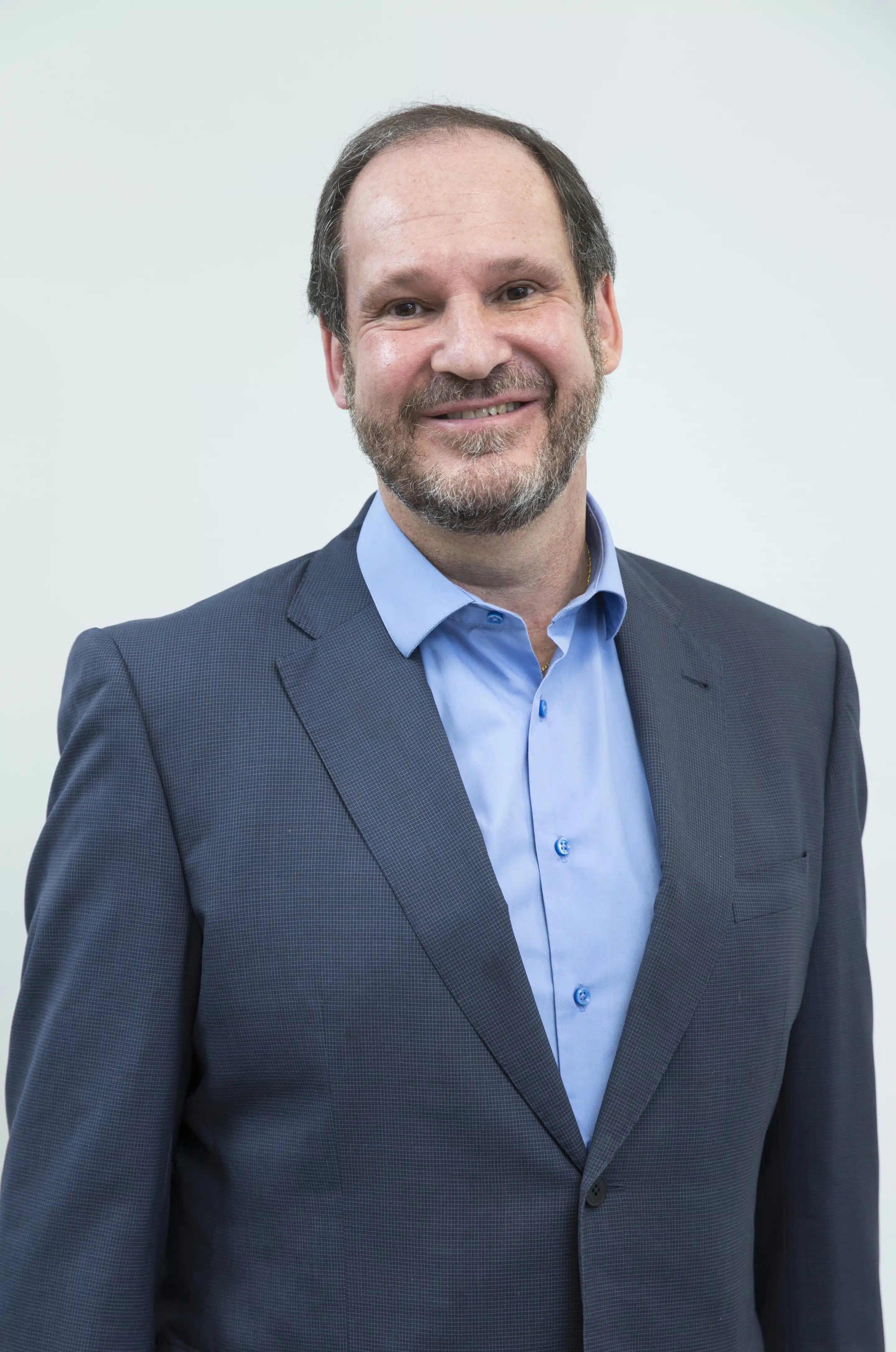“The process of hyper-regulation in asset management has sped up"

Redacción Mapfre
In this month's MAPFRE AM Interview of the Month, we talk to José Fernando Martínez, the management company's Chief Compliance Officer. He discusses the rise in regulation in the asset management industry over the past 26 years, the same number of years he’s been working at MAPFRE AM. In fact, he notes that there’s been an acceleration “in this process of hyper-regulation, which seems more like a headlong rush.”

- How long have you worked at MAPFRE AM and what are your responsibilities?
In September, I will have been at MAPFRE for 26 years. I’ve always been with the same company. Regulation defines the Regulatory Compliance Department as a second-line control function, with primary objectives including advising the management company's senior management, analyzing regulations that affect the company, and preparing review plans to avoid the risk of legal non-compliance. Finally, Compliance must provide employees with the appropriate training to create a real prevention environment. The lever that drives all of the above is the mandatory reporting of all incidents to the Board of Directors.
- What are the main challenges in regulatory compliance for an asset manager?
The frequency of new regulations and guidelines has increased exponentially over the past decade. It’s really difficult to detect, evaluate, and, when it affects the management company, analyze them. In my opinion, it’s not enough to know the rules. In a highly specialized industry that encompasses asset procurement, transaction settlement, custody, valuation, and accounting, you need to be familiar with procedures, accounting entries, and IRR calculations.
- In your years of experience, what has changed the most?
My first experience with the regulation of collective investment schemes was in 1993. Last century! In my Master's thesis for a specialization in Community Law, I analyzed the transposition of the 1985 Directive into Spanish law (through a Royal Decree in 1990). Back then, all you needed to do was read the Spanish Official Gazette (BOE). Very few regulations were issued by the Spanish National Securities and Exchange Commission (CNMV). Now, we have to deal with the EU Official Journal, ESMA criteria and taxonomies, and the proposals of the asset management industry employers' associations.
- Increased regulation is always one of the most frequently mentioned risks for asset management. How has this heightened regulation affected your day-to-day operations? In which areas is it growing the most?
It’s obvious that regulation is necessary. I would be shooting myself in the foot if I said otherwise. But we have to find a balance, and, in my view, we have long since exceeded that limit. I can understand why each lobby group looks after its own interests. But lately I’ve seen an acceleration in this process of hyper-regulation, which seems more like a headlong rush. A very clear example - again, in my view - is the European Retail Investment Strategy (RIS) that the European Commission launched last year. We've been joking about MiFID III for years, but RIS is a departure from its core principles. It throws out the window the work done by the sector in recent years. Fortunately, it’s only a proposal.
- Protecting consumers is key. How does compliance work to ensure that?
The SGIIC's Internal Control Circular states that handling customer complaints falls under the responsibility of Regulatory Compliance. At MAPFRE, this is centralized. The regulation on rules of conduct with customers is detailed and consistent, precisely due to the application of MiFID II. Compliance is responsible for overseeing the procedures used to ensure these standards are effective. Just as we at MAPFRE AM specialize in asset management, our colleagues in MAPFRE Inversión Compliance ensure good practices when customers invest in a fund.
- Technological development also poses problems in terms of regulatory compliance. Which technologies will have the greatest impact in this regard?
Law is one of humanity’s oldest creations. We still use legal concepts created by the Romans. Anyone can read a law, but having the experience and judgment to apply it properly is what matters. For example, I usually like to mention that the Civil Code has as many as five criteria for interpreting laws.
What I mean is that technology allows you to dive into the data to spot potential irregularities. Undoubtedly, it gives you an advantage that makes you more effective. But it takes people with experience and good judgment to understand and evaluate situations effectively. That's why I value my team over technology. Bea, Jorge, and Montse give me with the daily reassurance I need to approach projects with a clear perspective and balance.
- How are management companies adapting to the new sustainable investment regulations? Do you think they can avoid greenwashing?
My colleague Paloma Ramos said very interesting things about this topic in the interview you did with her. While compliance plays a role in sustainability, it's more formal in nature. We check if the post-contractual information to be published is sufficient. In any event, another of the tasks of the Department I head is registering new products with the regulatory authorities. Here, I can attest to the strong interest of MAPFRE's Management in promoting funds with these characteristics. And it’s just one more aspect of the Group’s commitment to sustainability.
- MAPFRE AM has just reclassified three funds to Article 8 of the SFDR. Do you think we’ll see more reclassifications at other firms?
As I just mentioned, it’s a process that began not long ago, but it’s unstoppable. Many people believe that this only has to do with sales. But if we manage to combine applying these principles with profitability (let's not forget that customers invest first and foremost to obtain a good financial return), we’ll be able to offer our customers excellent service. And our children may inherit a kinder and fairer world.
- Hobbies: Most of all, traveling with my family. I really enjoy chatting with my friends. Riding bicycles and walking in the countryside. I love to read, especially Science Fiction and History.
- A favorite dish: I love Italian cuisine, and in particular, the cuisine of Tuscany. I'm a pretty mediocre cook, but I can make a decent risotto.
- A city/country: Lucca. Its Renaissance walls, its central square built over a Roman amphitheater. Its lively people, stores, and cafes.
- Favorite musical group/singer: Kenny Loggins, Michael Macdonald, Donald Fagen, Quincy Jones, Patti Austin. I love American music. That mix of rock, soul, folk, country, and jazz. Diversity is always enriching.



